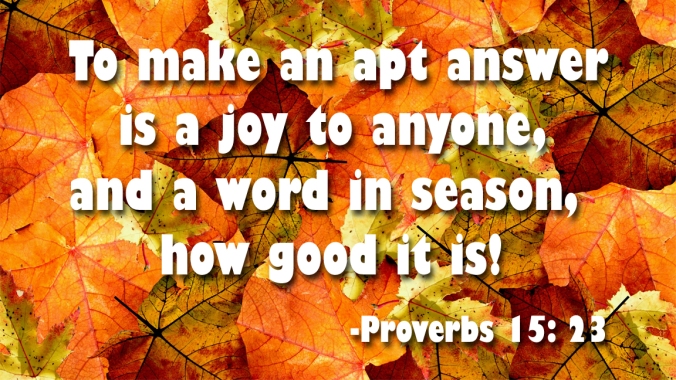
Today’s readings:
Psalms 27; 147:12-20, Jeremiah 26:1-16 (17-24), Romans 11:1-12, John 10:19-42
What does loyalty look like?
To be loyal to people or institutions, do we have to defend them even when we think they are wrong? If we believe we belong to the greatest family, team, nation, or religion we understandably want to defend it from outside threats, but how do we deal with internal dissent? Is it possible to think something is great yet flawed – perhaps deeply?
The Jewish people comprised both a religion and a nation, two things which inspire intense loyalty. The prophet Jeremiah loved his fellow Jews and so spoke bluntly to them about the path of self-destruction they as a people were heading down. Because he dared to speak of Judah’s flaws, its officials decided to repay Jeremiah’s love and loyalty with a death sentence. By the (literal) grace of God he escaped, but another prophet named Uriah was not so lucky.
We look back on Jeremiah and Jesus and think how foolish were the people who did not heed them. Yet we are still not especially eager to hear criticism from people we don’t agree with. In the realm of politics, we prejudge legislation or even an idea based on which side proposed it, not on its merit. Progressive and conservative churchgoers follow a similar pattern. We spend a lot of time trying to convince, and very little trying to understand.
The truth is, the most revealing criticisms of our beliefs and behaviors will not come from the people who agree with us, but from the people who disagree. People can be patriotic, faithful, and loyal to the same institution and still disagree on many issues. Often it’s less a matter of disagreement than of perspective. We don’t improve when we listen to our cheerleaders; we improve when another team pushes us. If our solution to a serious challenge is to make sure the other team can’t play, we don’t improve at all.
To love a thing is to nurture it so it can grow beyond its flaws and weaknesses, and – if you can’t see them – to take a step back to make room for someone who can. Sometimes the greatest loyalty is risking exile.
Comfort: Disagreement, handled properly, strengthens a relationship.
Challenge: Listen carefully to criticism, and weight its merits before responding.
Prayer: Teach me, Lord, to walk humbly. Amen.
Discussion: When have you learned something about yourself from someone you didn’t agree with?
Join the discussion! If you enjoyed this post, feel free to join an extended discussion as part of the C+C Facebook group. You’ll have the opportunity to share your thoughts with some lovely people. Or feel free to comment here on WordPress, or even re-blog – the more the merrier!








